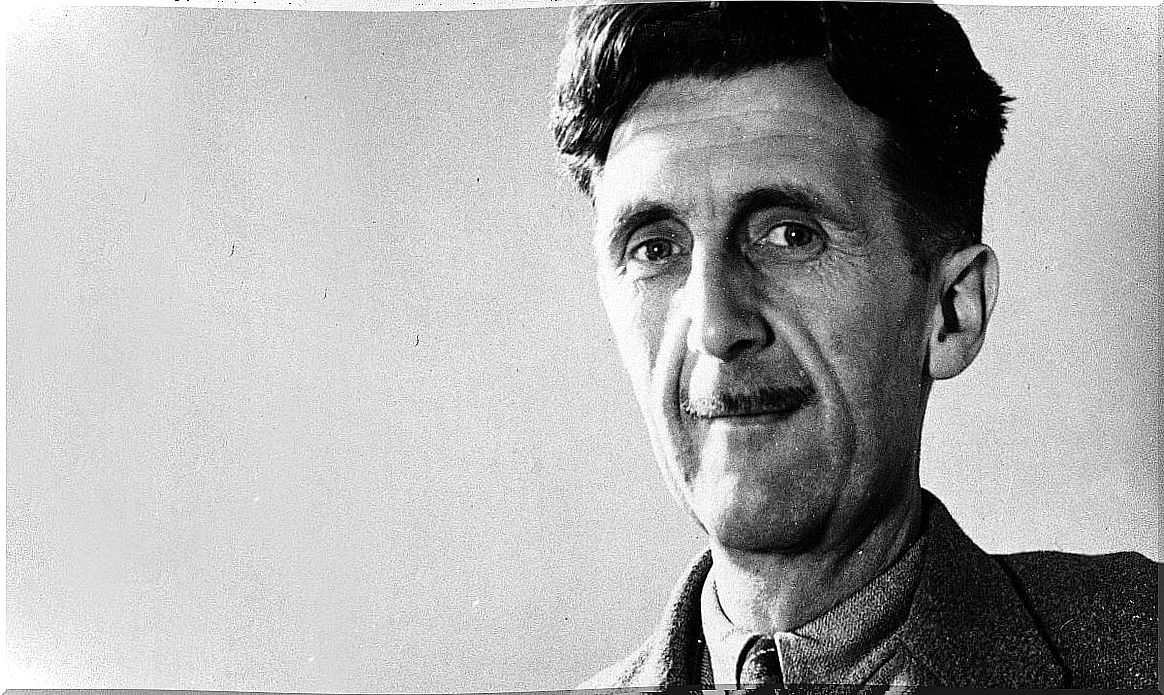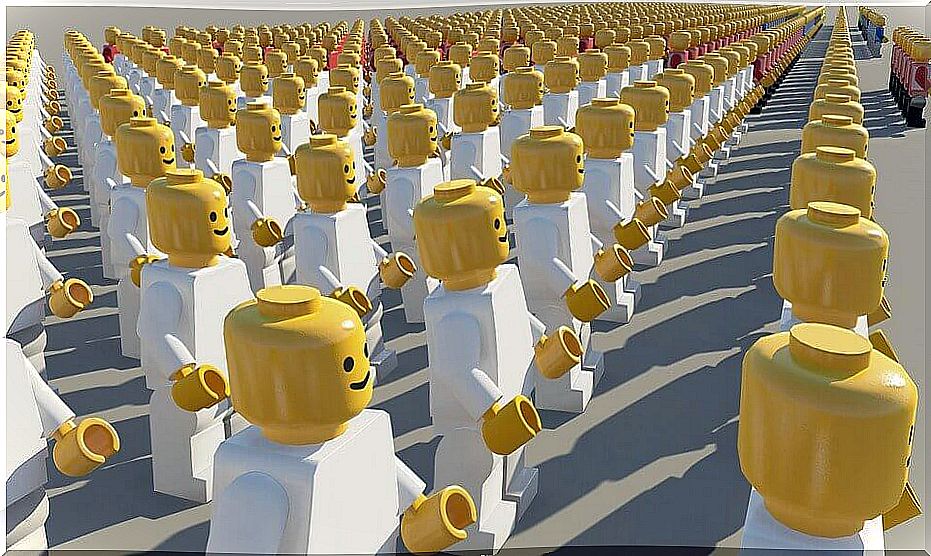1984, By George Orwell

The 1984 novel , along with the Farm Rebellion , are the most famous works of the writer George Orwell. This writer presents us with a political literature with psychological nuances of great interest. Orwell is famous for having an ideology based on Democratic Socialism (not to be confused with Social Democracy) and Anti-totalitarianism. For this reason, Orwell traveled to Spain to fight fascism in the POUM militia during the civil war; story that he recounts in his book H omenaje a Catalunya.
1984 is a dystopian novel based on a system of government called Socing (English Socialism). This government has created a society based on the control of information, where the key premise is: “Who controls the present, controls the past and who controls the past, will control the future.” Today it is considered a great work to reflect on our current society, asking ourselves to what extent we have become an Orwellian society.
During the novel, Orwell presents us with a series of very attractive concepts or ideas from the point of view of psychology. For this reason, in this article we are going to analyze some of them in depth. Specifically, we will talk about: (a) double-thinking, (b) new language and (c) the society based on the control of information.

The doublethink of 1984
One of the central aspects that revolves around population control in the Socing is double-thinking. Doublethinking means the power or the faculty to hold two contradictory opinions simultaneously, two contrary beliefs held at the same time in the same person.
The population is educated in double-thinking so that they know how to accept contradictions and understand their practical existence. In the 1984 society of control, the devices of the totalitarian state are not hidden, they are taught to accept and deny them at the same time. This is reflected in the three slogans raised by the Socing:
The ultimate goal of double-thinking is for individuals to do it automatically. Being able to keep two contradictions in mind and not even realizing that both are contradictory. Now, does this happen in real life? Is there a syllogism between double-thinking and our way of thinking? And this is where the psychological interest of double-thinking comes in.
Scores of studies have shown us that our brains hold contradictory ideas. This revolves around Festinger’s theory of cognitive dissonance; which says that on many occasions we have dissonant ideas, but there are mechanisms to ignore or resolve that dissonance. Double-thinking would be a way of rationalizing dissonances and being able to live with them.
Today we use double-thinking more than we can imagine and governments take advantage of it to some extent. A clear example is the existing animosity towards terrorist attacks, while at the same time many of our states (protected by the governments we vote for) also carry out acts of the same nature and even sell weapons to these terrorist groups. Extreme care must be taken, since the rationalization of contradictions is an automatic process and we can do it easily and without realizing it.
The Newspeak of Socing
Another key aspect of 1984 control is thought control. To achieve this , Socing seeks to alter language so that thought becomes practical and not useful for reasoning. Because if people reason excessively, it would break double-thinking, and this would lead to the destruction of the order of the state. In this way, following the Sapir-Whorf hypothesis, Orwell suggests that by changing language we will change the human mind.
To achieve this, what Socing does is reduce language to its greatest simplicity, turning it only into a totally pragmatic communication language. In this way, synonyms and antonyms lose their meaning; it is no longer interested in communicating the nuances of words that lead to value judgments and interpretations. And antonyms generate conflict, and reasoning is born out of conflict; An example of this might be to remove the word “war” from the dictionary, and speak only in terms of more peace or less peace.

The lesson we can extrapolate from Newtongue to our lives is the dangers of language. Language is capable of altering our perception and our thinking. Thus, a political discourse can seem very different to us depending on the words that develop it; When a politician tries to get words like “democracy”, “constitutional”, “peace” and to place himself on the other side of words like “attack” or “war”, regardless of his program, he is seeking the sympathy of the citizen. For this reason, it is important to explore reasoning and not fall into the superficial, but powerful, inspiration of language.
The society based on the control of information
In 1984 , the “Big Brother” is the one who is always watching and controlling everything. Citizens are watched everywhere, including in their own homes. Even within families, children are educated to watch over their parents and report them if they commit a crime. A key aspect of control is the manipulation of information.
For the Socing, the past can be rewritten to control the stability of the government. In the novel is the Ministry of Truth that is dedicated to changing all the writings, newspapers or books, in order to favor the “Big Brother”; if “Big Brother” said that the chocolate servings were going to go up, and now there are fewer than before, the data from the past is changed to make it look like they really have gone up.
At present we are not immune to manipulation and control of information. The mass media such as television, radio or newspapers often have parties and governments behind them that alter information to influence people’s opinions. Yes, in ours. Therefore, all information or reading requires a minimum of prudence and a lot of reflection.
Orwell in 1984 presents us with a very interesting dystopian society with great parallels with our current society. It is important to reflect on them, and see the perversion of our society. If we want to avoid evolving towards an Orwellian world it is important to maintain a critical vision towards the mechanisms of influence and persuasion. So that they can act, but we are not victims of them.









